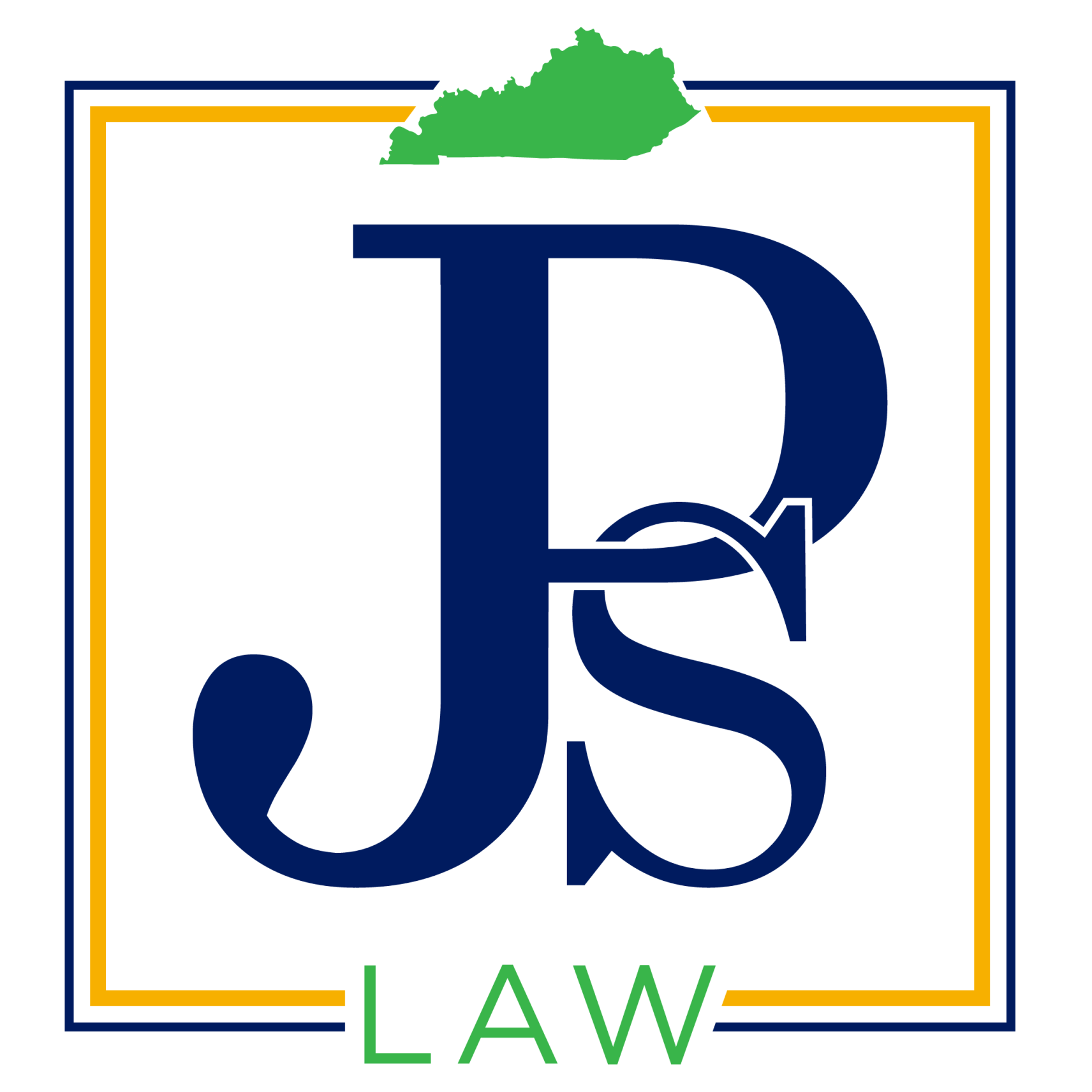Common Legal Terms
- Absconding
A term used for not reporting to probation or parole; can be a separate criminal charge. Usually results in the issuance of a warrant.
- Aggravated
Circumstances that lead to a regular criminal charge being “elevated.” Most commonly charged in relation to a DUI, or Driving on a DUI Suspended License is “aggravated” if a child is in the car, if there was excessive speeding, and if the Blood Alcohol Level (BAC) is over a .15.
- Arraignment
First appearance in front of a Judge after being charged. In Felony cases, the charges are read and bond is reviewed.
- Bond
The amount of money required to be posted for someone to be released from jail while their case is making its way through the court system. It’s an amount determined by pretrial services and the Judge, that will (hopefully) ensure their return to Court. Once a Defendant, or their attorney, has successfully appeared at each court hearing and the case is brought to a resolution the bond money is returned.
- Circuit Court
The “higher” of the two criminal courts. Typically, felonies are prosecuted in Circuit Court.
- Commonwealth Attorney
In criminal proceedings, the name (or group) of prosecutors responsible for bringing felony cases at the Circuit Court level.
- County Attorney
In criminal proceedings, the name (or group) of prosecutors responsible for bringing misdemeanor cases at the District Court level.
- Discovery
Evidence in your case. This can include, arrest reports, citations, body worn camera (BWC), dashboard camera, investigation reports and notes, video of interviews, testimony of witnesses and officers.
- Disposition Hearing
Intended to be a “final” hearing, in which a Defendant can enter a plea, be sentenced, or in which the case is otherwise concluded.
- District Court
The “lower” of the two criminal courts. Typically, traffic violations, misdemeanors, and lower lever felonies are prosecuted here.
- Enhancement
A term to describe increased penalties or a length of time in which a person can be charged with a second offense. For example, the “enhancement period” of a DUI is ten years. During those ten years, penalties are increased for a second or later offense.
- Expungement
The legal process used to remove or delete a case from a person’s criminal record. Expungement is also the vehicle used to restore someone’s gun rights, and/or civil rights.
- Federal Case
A case that is brought by the United States Attorney and involves allegations of federal crimes. This is an entirely separate court system than Kentucky State Courts. There are federal investigators (often the FBI), federal Judges, and federal prosecutors. Only certain jails or detention centers are capable of housing federal inmates. You will need an attorney licensed to practice in Federal Court, to defend you. Call or text John at (859) 940-7480.
- Felony
Crimes that are punishable by over 1 year in jail. They’re divided up into four classes in Kentucky (Class A is the most serious, Class D is the least serious).
- Class A: 20-50 years in jail, life imprisonment, or the death penalty
- Class B: 10-20 years in jail
- Class C: 5-10 years in jail
- Class D: 1-5 years in jail
- Grand Jury
A group of jurors whose sole job is to decide whether there is enough evidence to support a felony charge. The grand jury can then “indict” the Defendant (send the case “up” to Circuit Court), send the case back “down” to District Court for adjudication – usually a misdemeanor, or return a “No True Bill,” meaning there is not sufficient evidence to warrant a felony charge.
- Indictment
A “pleading” from the Grand Jury that establishes, in their opinion, there is enough evidence to support a felony charge. This usually signifies that the case moves “up” into Circuit Court.
- Look Back
Describes a certain period of time, usually in reference to enhancement of a crime (like a DUI), or expungement.
- Misdemeanor
Crimes not punishable by more than 1 year in jail. Most often prosecuted in District Court.
- Pleading
Certain formal documents filed with the Court.
- Preliminary Hearing
Also called a “probable cause hearing,” in which the Court can hear testimony of offices or witnesses to determine if there was enough reason for an officer to charge you with a crime.
- Property Bond
When equity in real property is substituted for a cash bond. In Kentucky, a property bond must be DOUBLE what the cash bond amount is, over and above any liens or encumbrances on real property. For example, if a bond is set at $50,000 cash, then a surety wishing to post a bond would need to post $100,000 worth of equity. This is only available for property located in Kentucky and requires some legwork. Call or text John at (859) 940-7480 if you’d like to post a property bond for a loved one.
- Pre-Trial
A term used to describe the time between when you are charged with a crime and the dismissal, plea, or jury trial.
- Pre-Trial Conference
A court date after the time you were charged, and before the jury trial, plea, or dismissal, in which prosecutors and defense attorneys apprise the court of their negotiations and evidence exchange. There can sometimes be several pre-trial conferences leading up to a resolution of a case.
- Pre-Trial Services
Similar to a probation officer, except BEFORE trial, plea, or dismissal. Pretrial officers recommend bond, monitor pre-trial drug screens, and ensure conditions of bond are met. You may have to meet with a pre-officer to set up an ankle monitor or home incarceration.
- Show Cause
In criminal proceedings, also known as a “fine payment date.” You must either pay court fines and costs by that date or appear in court – to “show cause” why you may need more time.
- Surety
The name of the person who posts a bond. The surety “ensures” that a Defendant will appear in Court. The surety is also who the bond money is returned to at the conclusion of a case.
- State Course Case
Usually refers to a case prosecuted by a county attorney or commonwealth attorney in a certain county within the Commonwealth of Kentucky. These are also called “trial courts,” and would be appealed to the Kentucky Court of Appeals and then the Supreme Court of Kentucky.
- Violation
A level of infractions that do not carry jail time and are usually punishable by a fine and court costs/fee; lower than a misdemeanor.

